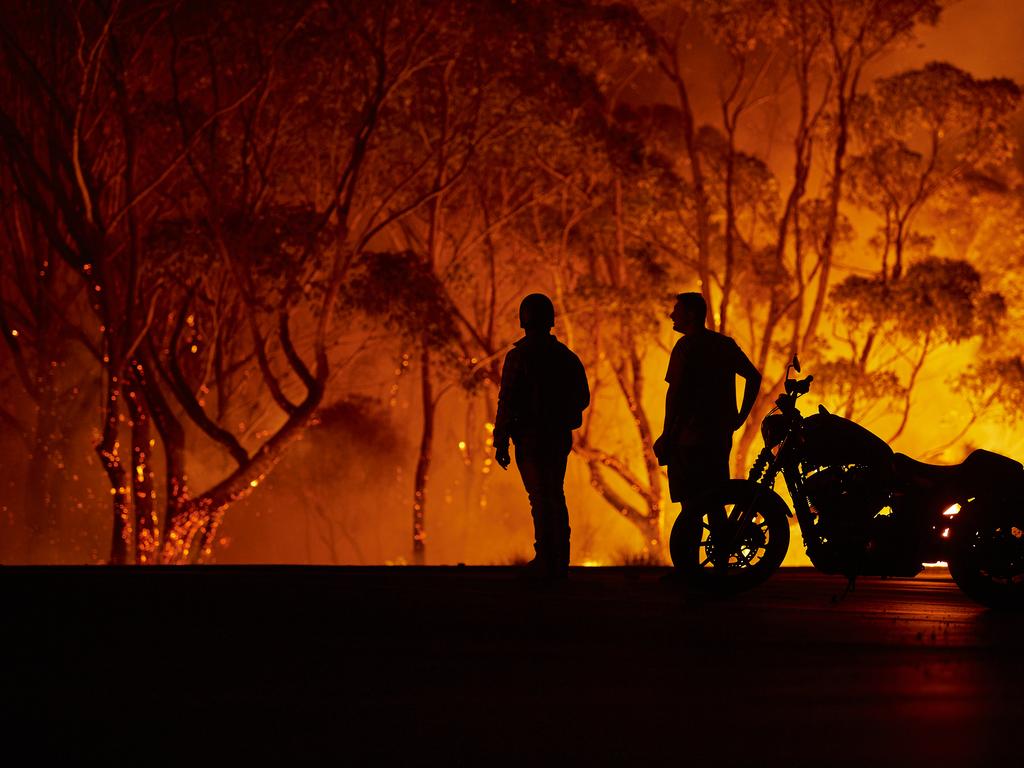
But as has been proved in the past, the strength of the community’s conviction will be tested when it comes down to cost.
The present debate is being held at a time of political pause when neither party has a comprehensive policy on how to even get to a target.
Whether the hardening in community opinion has been a gradual shift over time or a dramatic swing driven by emotion over the bushfire tragedy, or both, is hard to know.
It would be reasonable to assume that the animated debate over summer about the role of climate change has swung opinion.
Yet as the latest Newspoll shows, while a third of people believed climate change was a main contributor to the severity of the fires, fewer people bought this argument than they did the belief that a lack of hazard reduction was to blame.
What the poll shows, above anything else, is that the issue is no less polarising than it has been in the past.
But while the bushfires may have shifted some people’s concerns, it doesn’t appear to have produced the revolutionary change that has been suggested.
The capacity for Labor to win an election on the issue still remains questionable.
Meanwhile, the Prime Minister must walk a high wire.
Albanese has now moved to appeal to Labor’s base. Morrison will be guided by his own.
Unsurprisingly, it is the 18 to 34-year-old demographic, a significant proportion of whom may have their parents still paying the power bills, that puts emissions targets ahead of cost of living. It was also this group that suggested they were prepared to pay more for power to achieve it.
The majority of those over the age of 35, however, still put electricity bills ahead of greenhouse gas targets as more important.
And more than 60 per cent of those aged over 50 said they weren’t prepared to pay a cent more to meet any target at all.
For the household, it would appear that the cost is still the primary concern.
The imponderable is whether the poll reflects a generational issue rather than a stage of life issue. It is not a surprise that mid-life people with bills and mortgages look at things through a different prism than their kids.
But will the generational shift carry climate change with it as the defining issue of its time when those millennials too become households and those less persuaded are no longer voting?








Scott Morrison and Anthony Albanese are faced with two competing and inescapable realities. The mood of the nation would appear to have shifted and voters now believe that business as usual on climate change is no longer an option.